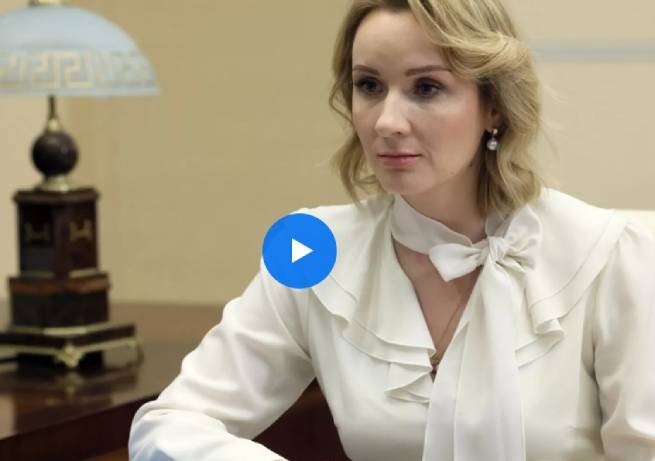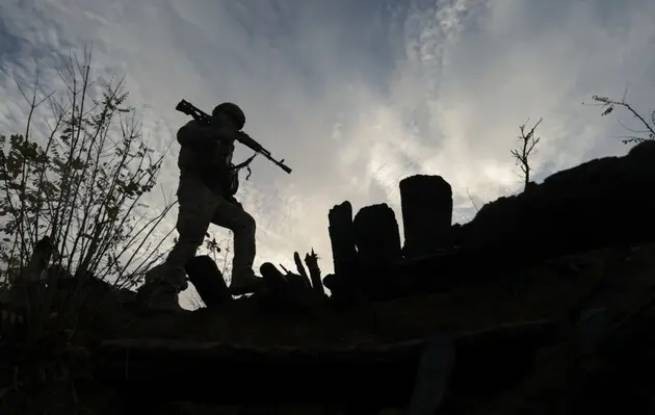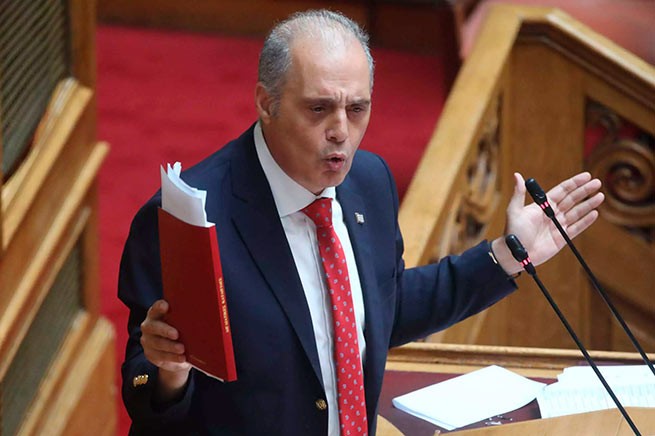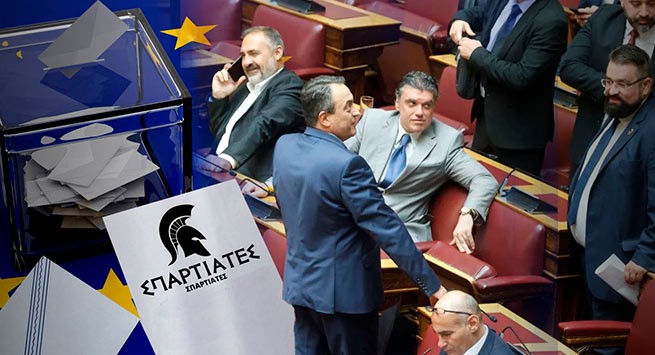“Greece will pay Gazprom in a way that does not violate sanctions and ensures the country’s energy efficiency,” Energy Minister Kostas Skrekas said on Thursday after an emergency meeting on gas supplies chaired by the prime minister.
The Greek government has developed Plan b in case Russia stops supplying gas to the country, although the so-called “double counting mechanism” is already being considered, when payments in euros are converted into rubles.
Minister Skrekas said Greece would pay Gazprom on May 20 for the gas it received the previous month, adding that Russian gas consumption is as high as 50% and sometimes even more.
Russian gas provides more than 30% of Greece’s annual energy needs. Greece’s contract with Gazprom expires in 2026. “All measures have been taken to improve the energy efficiency of the country,” Skrekas assured.
He emphasized that within a month “we will have a new floating LNG storage facility in Revituz, and with the new installation of a liquefied gas terminal in Alexandroupolis in 2023, we can say that we will be completely independent of Russian gas.”
“If Russia cuts off our gas supply, say, on May 20-21, the country has taken measures not to run out of gas. It is impossible to turn it off. Nothing surprises us in this direction,” said government spokesman Yannis Oikonomou, speaking after emergency meeting in the prime minister’s office on Wednesday.
You pay in euros, you get rubles
“Greece has always paid in euros and will continue to pay in euros,” a government official told the news site. newsit.gr . On condition of anonymity, the official said that some European countries are already using double counting mechanism to prevent a “forceful” cessation of gas supplies to them from Russia, but Greece allegedly categorically opposes this.
How does dual account work? One country pays its debt in euros to an account with Gazprombank, the bank converts the currency and transfers the amount to a second account in Gazprom in rubles. However, other officials in the Greek government say that this is a technical issue and that it can be solved in principle.
Gas importers on standby
At the meeting on Wednesday, the issue of payment for Russian gas imported by Greece through DEPA, Mytilineos Group, Prometheus Gas and Public Power Corporation was discussed and considered.
The latter imports gas directly from Gazprom after the assignment of part of the contract to Prometheus Gas for 2022 and 2023. All four companies will have to pay April consumption in the second half of May.
The essence of the discussion at the meeting on Wednesday is what they expect from the Commission. US embassies a clear and mandatory instruction to act strictly according to the contract, informs cathimerini.
“The situation is under control and we have time to make decisions,” DEPA sources said. DEPA imports two-thirds of the Russian gas supplied to the Greek market.
Greek companies’ contracts expire in 2026 for DEPA, Prometheus and PPC and 2030 for Mytilineos, and they also include take-or-pay clauses.
Plan B if Russia cuts off gas supply
It is reported that the Greek government has developed a plan B in case Russia cuts off supplies to Europe, as well as to Greece. This country’s energy efficiency plan provides for:
- Accelerating procedures for a new floating liquefied natural gas (LNG) storage facility at Revituz. The new tank is expected no later than July, so the terminal’s capacity will increase from today’s 225,000 m3 to over 380,000 m3.
- The lignite plants are ready for re-commissioning and replacement of gas plants for power generation.
- Five natural gas generating sets are ready to run on diesel if necessary.
- The State Power Corporation (PPC) has prepared an annual plan to increase lignite production by 50% over the next two years and its availability at factories.
- Increase the flow of natural gas from Azerbaijan through the TAP pipeline (unless, of course, it is available from Azerbaijan for sale to Greece).
- DEPA Commerce is closely monitoring the availability of LNG in international markets to purchase additional supplies if deemed necessary (and if terminal capacity at Revitus permits).
- A new idea is being promoted, storing gas in Italy to maintain a strategic reserve.
- Investment in renewables is accelerating “because increased green energy production will protect the country from import crises,” according to government sources (well, you can’t joke like that …)
Plan B also includes the completion of critical infrastructure that will enhance the country’s energy security, such as the Greece-Bulgaria and Greece-North Macedonia gas interconnections, new LNG terminals at Corinth and Alexandroupoli, and electrical connections to neighboring countries such as Egypt. .in the very distant future.
PS Do you remember how the European Union reacted when the Russian side announced that it intended to sell gas for rubles?
Quite recently it was, some two or three weeks ago. Sharp denials, accusations of trying to violate the sanctions regime, and even statements that gas can not be bought at all.
It wasn’t long before the tone of the rhetoric changed dramatically. No, there were countries, for example, Hungary, which from the very beginning declared that they did not see any problem in buying gas for rubles, but there were only a few such countries. But the rest had to go through all these notorious “stages of acceptance.” Moreover, it did not take a particularly long period of time.
And now the European Commission declares that the purchase of gas for rubles under “certain conditions” is possible, and the German concern Uniper, which is the main buyer of gas in Russia, said that the new form of payment would not violate the sanctions regime. And these are only the first signs, though they are already very fat …
Besides. From the new package of European sanctions against Russia, the oil embargo miraculously disappeared. This idea was rushed about for a very long time, waved it like a flag, but in the end it turned out to be nothing. No, they will probably return to it again, but most likely – again using this embargo in the form of a scarecrow. Because its introduction will lead to a catastrophic rise in the price of fuel, which is already hitting hard on the wallets of the townsfolk and pricing in the EU countries. The main problem is with diesel, which is now decently more expensive than gasoline. And diesel is the blood of logistics. These are all heavy trucks, which are the main means of delivering goods in Europe.
You see, by May 20, Greece will come to a decision to pay for gas in rubles. Well, unless, of course, the US Embassy calls too persistently.






More Stories
Turkish tourists choose Samos for their holidays
Food: Testing for Pesticides
Highway E65: how long does the Athens-Kalambaka journey take, toll